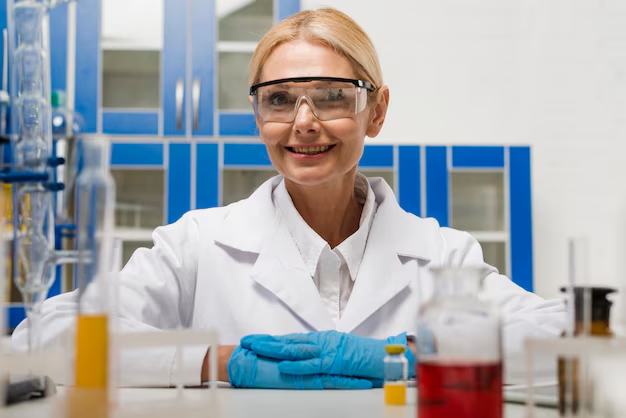How to Become a Laboratory Technician: Essential Degrees and Certifications
Becoming a laboratory technician is a promising career path for those passionate about science and technology. However, entering this field requires a solid educational foundation coupled with specialized training. Most employers require at least an associate degree in laboratory science or a related field, which provides the essential knowledge and practical skills needed in this role. Many institutions offer programs tailored specifically to aspiring lab technicians, emphasizing hands-on experience in professional settings. Additionally, voluntary certification through organizations like the American Society for Clinical Pathology (ASCP) can enhance employability and signal your commitment to excellence in the laboratory.
Pursuing further education and certifications not only opens doors to more opportunities but also ensures you keep up with the latest advancements and best practices in the industry. Regulatory bodies often update requirements, and ongoing professional development is crucial to maintaining skills as a laboratory technician. Formal training programs are the foundation upon which you build a successful career, setting you apart in a competitive job market. Whether you're starting with an associate degree or considering additional credentials, each step enhances your professional value and readiness to tackle the challenges of the laboratory environment.
Educational and Certification Pathways to Become a Laboratory Technician:
- 🎓 Associate Degree in Laboratory Science or Related Field
- 🎓 Bachelor's Degree for Advanced Roles
- 📑 Certification from the American Society for Clinical Pathology (ASCP)
- 🔬 Hands-on Training Programs
- 📜 State License (where required)
- 📚 Continuing Education Opportunities
